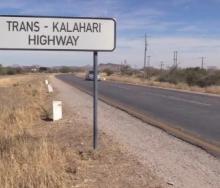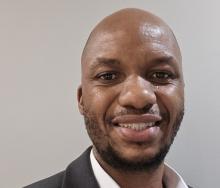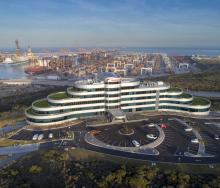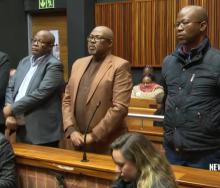All prospects of any potential economic growth for South Africa are nullified by the implementation of stage six load-shedding, business leader Professor Bonang Mohale has warned.
Speaking after yesterday’s announcement by Eskom that it will roll out indefinite power outages lasting four and a half hours twice a day, the president of Business Unity South Africa said that stage six costs South Africa R6 billion every day.
In total it had eroded R560bn off the country’s balance sheets last year, he said.
Mohale warned that South Africa could forget about creating any new jobs or achieving economic progress while the country was subjected to punishing power outages.
At the same time, Peter Attard Montalto, senior analyst at research and consulting firm Intellidex, has said that South Africa could be heading for even worse stages of load-shedding.
He said that stage six, once reserved for night-time repair work as Eskom battled to restore crippled capacity, could become the norm in February.
More alarmingly, considering what’s happening at Koeberg Nuclear Power Station, where crucial maintenance work is currently under way, Montalto said South Africa could experience stage seven load shedding by June.
But these portents of gloom, as Eskom reels from coal-fired generating units breaking down like falling dominoes, are apparently not the worst of the country’s woes.
Writing for Politicsweb, Professor Koos Malan, who lectures in Public Law at the University of Pretoria, is arguing that South Africa is showing all the signs of a wholesale collapse of its state.
In an article titled “The disintegration of the South African order”, Malan mentions three pillars for the successful existence of a state: a dominant, shared ideology that binds the citizenry together; a monopoly on safety and security that protects people against exposure to crime and violence; and the establishment of infrastructure on which integrated economic development can be based.
In all of these, Malan writes, South Africa’s unitary state is disintegrating.
It doesn’t have control over safety and security, or “the monopoly of lawful violence” as he terms it, and the country’s infrastructure is in a “state of decline”.
Moreover, the ideology identified by the ANC under the leadership of South Africa’s first democratic president, Nelson Mandela, namely working towards the cultivation of “a rainbow nation”, appears to be an outright failure.
Malan says: “The state ideology of rainbowism currently is to be found only in the formulations of the Constitution, but it no more forms part of actual constitutional law. There is no new ideological thinking in support of South Africa as a unitary state.”













